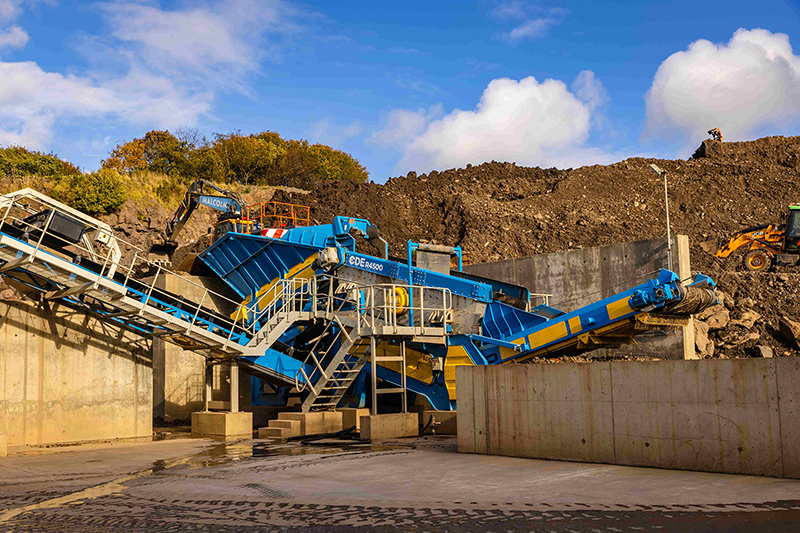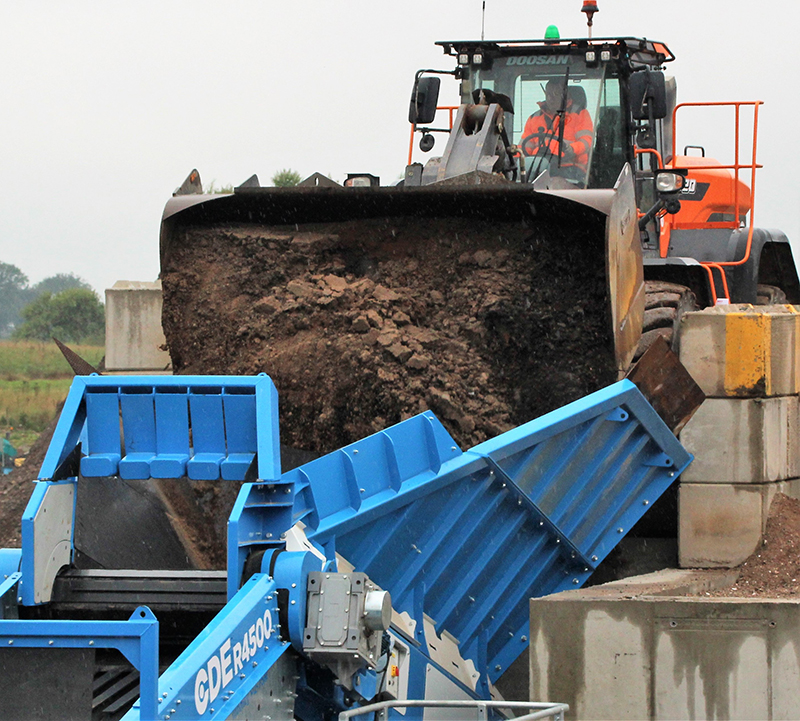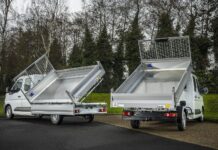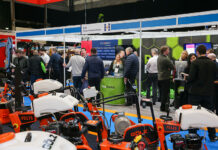
CDE is reporting that its R-Series primary scalping unit is providing ‘significant’ fuel savings for aggregate processors.
The manufacturer explained that the removal of the red diesel subsidy and spiralling fuel costs has led producers to take a fresh look at areas for savings, including updating ‘inefficient’ plant equipment.
CDE added that the ‘future-proof’ design elements of its patented R-Series primary scalping screen are paying dividends for customers. Design considerations include the fully electric drive system. The construction of the VibroCentric drive removes unnecessary weight while delivering acceleration up to 5G. Further weight is removed from the screen shaft design and patented side wall technology which eliminates welds and is said to result in a ‘stronger, lighter’ screen which produces the same acceleration as traditional screens while using less power.
Paul Quinn, CDE’s lead product development engineer, explained some of the fuel savings which can be achieved by switching from tracked diesel hydraulic scalpers. “A typical tracked diesel hydraulic scalper powered by engine generator will use 18–20 litres of fuel per hour, while the R4500, when powered by a diesel generator, will use half of this at 10 litres per hour, or five litres per hour for the smaller R1500,” he said.

“On average, calculations show that our customers can save £35,000 on fuel per year by switching to the R-Series.”
CDE added that the all-electric system which powers the R-Series requires less maintenance than a typical diesel hydraulic system, which in turn reduces downtime.
One company which upgraded to the CDE R-Series is J.A. Jackson, a supplier of building materials, aggregates and ready-mix concrete as well as providing skip hire and haulage services. Working out of sites in Preston, Leyland and Lancaster, J.A. Jackson supplies quarried and recycled aggregates.
The firm was undertaking an overall plant upgrade project with CDE and had initially intended to opt for a mobile screening unit. However, during site visits to existing CDE plants Malcolm Construction and Brewster Bros, the company saw how an integrated R4500 would be beneficial to its own plant design.
David Scott, health, safety and operations manager at J.A. Jackson, explained, “After visiting several cutting-edge CDE sites in Scotland, we began looking at the addition of an R4500 primary scalping unit to our system. We were about to invest in a 20-tonne excavator and a new mobile screen which would have been costly, before adding plus the diesel and staff costs.
“The return on investment was clear, with those savings and the added benefit is that this is integrated into the plant and connects to our electricity supply.”
CDE believes the ability to use clean electric power will become increasingly important for UK operators in the quest to meet environmental targets.
David Kinloch, director of business development, UK & Ireland, is encouraging other operators to look for areas of their quarrying or recycling wet processing plants which could be optimised in terms of cost savings and efficient operations.
“CDE is focused on supporting customers to maximise their natural resources in the most sustainable way possible with greater efficient and less waste,” he said. “We have continually invested in R&D to create a range of future-proof products which are now allowing our customers to make significant energy savings.”
The R-Series combines a feed hopper, screen and conveyors in a variety of configurations. The feed hopper on the R1500 has a maximum capacity of seven tonnes when fitted with the optional extendable hopper sides, while the hopper capacity on the R2500 unit rises to 20 tonnes. Both machines can be provided with either a belt feed or apron feed. The hopper has been designed to allow for feed to be delivered to the R-Series from three sides to allow ‘maximum flexibility’ to cope with specific conditions.












